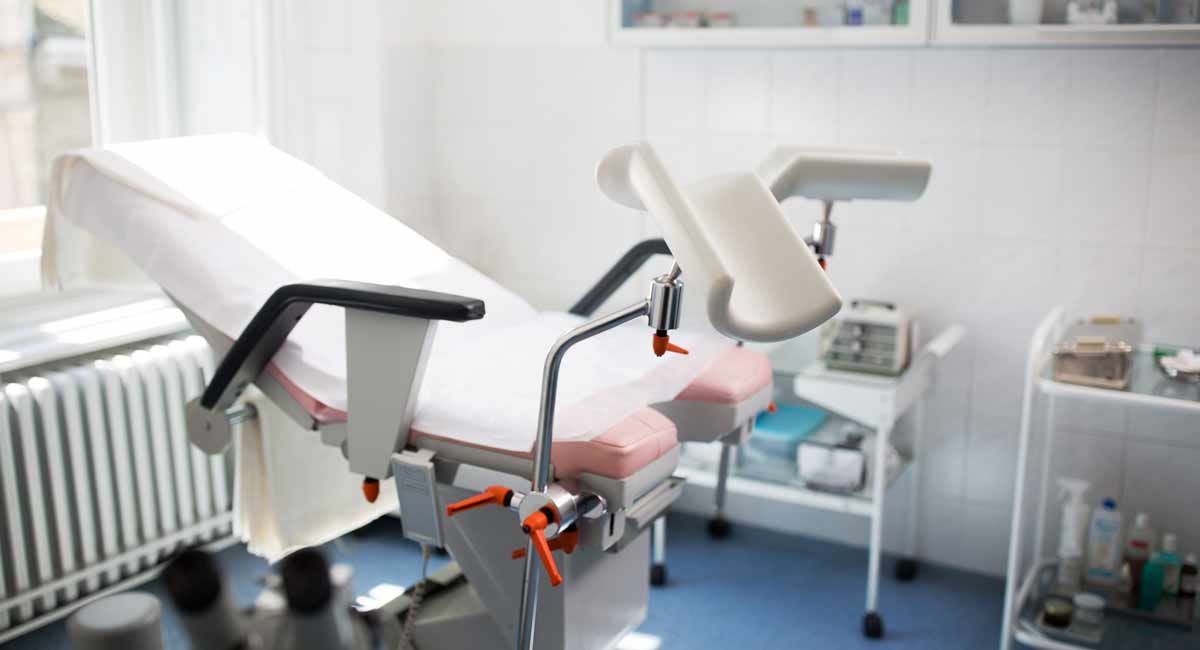Americans United for Life analyzed abortion health inspection reports across the country and found that many abortion facilities failed to properly train staff and allowed untrained staff to perform various procedures on patients.
At least 133 abortion facilities in 26 states were cited for not properly training staff or failing to document that staff had proper training. 115 abortion facilities in 27 states allowed unlicensed, unqualified, and/or untrained staff to provide patient care.
These states included Alabama, Arkansas, Arizona, California, Connecticut, Delaware, Florida, Georgia, Illinois, Indiana, Kentucky, Louisiana, Maryland, Michigan, Massachusetts, Missouri, Nevada, New Jersey, New Mexico, New York, North Carolina, North Dakota, Ohio, Oregon, Pennsylvania, South Carolina, Tennessee, Texas, Utah, and Virginia.
The following violations were documented:
-
Failure to conduct orientation programs for new employees
-
Failure to perform background checks
-
Failure to collect information from the National Practitioners Data Bank on prospective employees
-
Staff missing documents from their folders, having no job description and/or being untrained in their hired role
-
Unlicensed staff or staff whose licenses had lapsed assisting in or performing abortions
-
Unlicensed staff obtaining informed consents from patients
-
Medical staff employee records missing records of licenses and privileges
-
Clinics and/or abortionists failing to obtain or possess admitting privileges or transfer agreements with local hospitals
-
Clinics failing to have enough licensed staff members, such as registered nurses, to meet minimum requirements
Even the pro-abortion American College of Obstetricians and Gynecologists (ACOG) stresses the importance of credentials. In its Statement of Policy (quoted in the report) it says:
current certification by ABOG (American Board of Obstetrics and Gynecology) and maintenance of certification of obstetrician-gynecologists is validation of the medical, surgical, imaging and laboratory knowledge and patient care skills relevant to the practice of the specialty.
When unlicensed, untrained staff perform medical procedures on vulnerable women, complications are inevitable. Indeed, AUL’s report documented some serious complications. The true number of complications in the US is unknown because only 28 states record complications and many abortionists do not report their complications anyway.
In Florida, one facility was reported to have had no licensed practitioners listed among its employees, and no nurses employed for patient recovery. Another facility in Pensacola, Florida, committed almost 100 abortions without a license. The facility also had no medical director.
In Illinois, the administrator of one abortion facility said that women were asked to stay for an hour after their procedures, but that “[i]f everything is normal, the patients are discharged without seeing a nurse.” This lack of an examination by a trained nurse could mean that women were being sent home with undetected medical complications.
In Kentucky, multiple abortion facilities were found to have had no training programs for staff and no documentation on infection and disease control, hygiene, and sterilization. This implies that staff was not properly trained in these areas.
According to the report, “Louisiana abortion businesses have a long history of serious health and safety violations.” Some of the facilities in Louisiana were unlicensed and had unlicensed and/or uncredentialed medical staff providing medical care and doing procedures on women.
In Maryland, inspections found that some facilities failed to document whether staff had training in CPR. Autoclave machines (which are used to sterilize abortion instruments) were not tested. The conditions of patients who were released from the facility were not recorded.
Staff was also not trained in emergency patient transfers, meaning workers might not know what to do in an emergency. Failure to get an injured woman promptly to a hospital could lead to a worsening situation. Another violation was the failure to screen staff for tuberculosis.
In North Carolina, there were no state inspection reports because abortion facilities in the state are not inspected. But there was a report from the federal government concerning Red River Women’s Clinic – specifically, the facility’s pathology department. The report found the failure to evaluate employees who ran tests, which “limits the laboratory’s ability to ensure testing personnel perform patient testing accurately.”
READ: Former abortion workers: Staff with no medical training a common problem at abortion centers
A facility in Oregon had a director who was not a nurse, and the director admitted that workers were managed by another employee who was also not a nurse.
Facilities in South Carolina failed to conduct employee training for infection control. Staff members were not trained in general sanitation, personal hygiene such as handwashing, or the use of masks and gloves. Staff had also not been instructed about the likelihood of disease transmission and how to prevent it.
Finally, in the Virginia Health Group Facility, a staff member was unable to produce any records for employees. The staff member, who was given the designation “Staff #7,” was asked whether he/she had a license to practice in the state of Virginia. Even though Staff #7 was conducting employee training, claiming to be a doctor, and committing procedures, he/she admitted that he/she had no medical license.
Source: Catherine Glenn Foster, Steven H. Aden, ed. UNSAFE: America’s Abortion Industry Endangers Women (Americans United for Life, 2021)
“Like” Live Action News on Facebook for more pro-life news and commentary!







